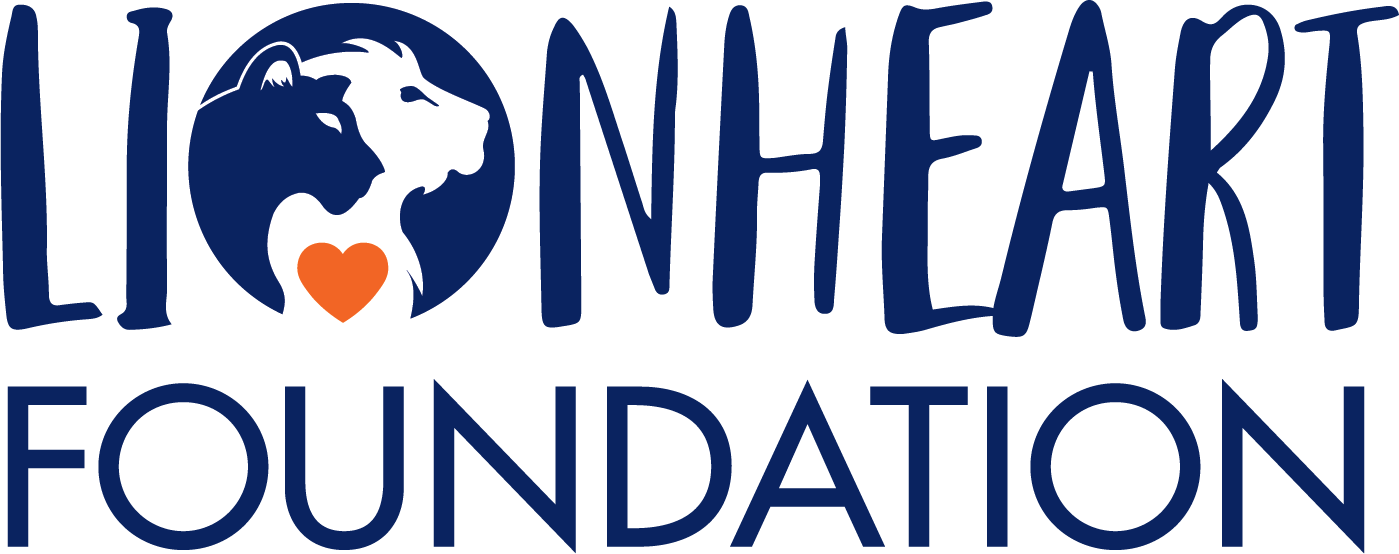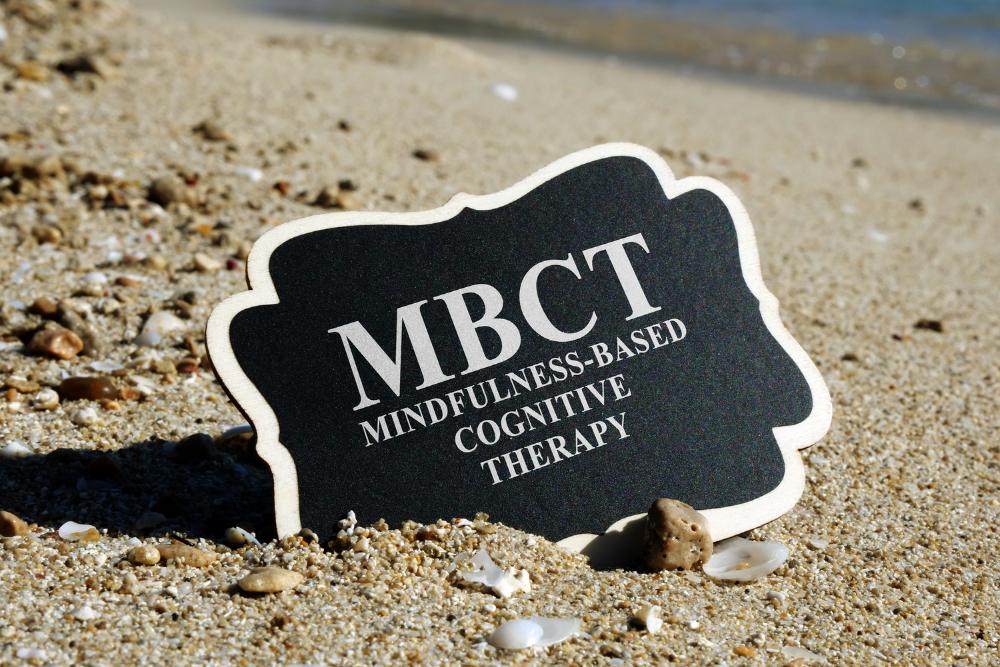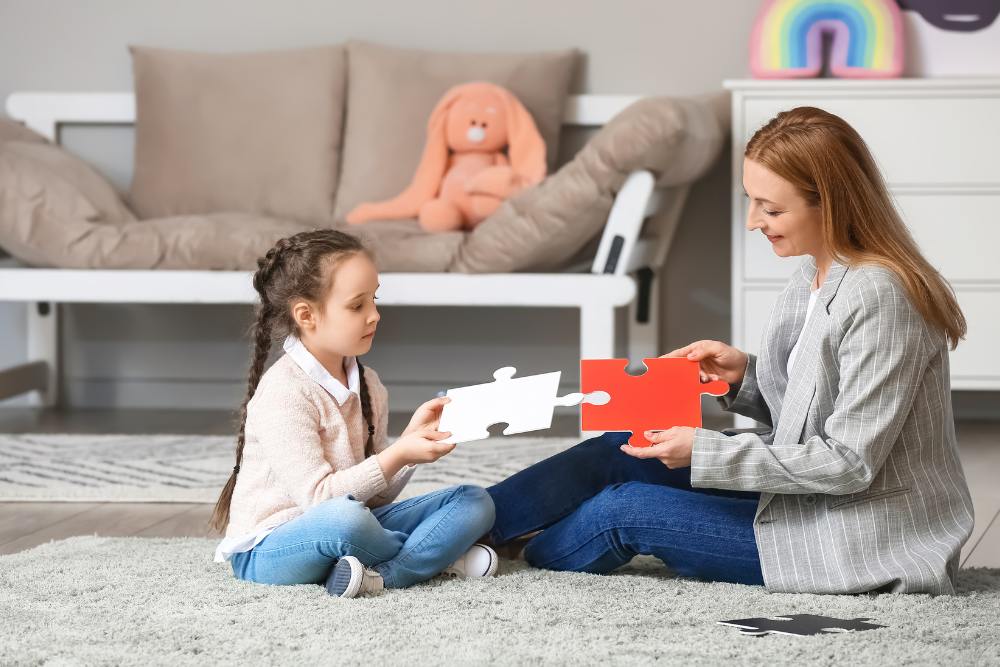One of the common issues that causes a patient to seek out therapy is depression,…

What Is Relational Psychotherapy
What Is Relational Psychotherapy
If you are looking for a therapist, or are researching the different kinds of therapy approaches out there, you may have heard of relational psychotherapy. This particular therapy approach is based upon the idea that a person’s mutually satisfying relationships are key to their emotional well being. The importance of these relationships and their influence on the patient are emphasized.
Read on to learn more about relational psychotherapy and how it works, so that you can determine if it will be a good approach for you to talk with your therapist.
How Does Relational Psychotherapy Work?
It is important that you not only understand what relational psychotherapy is, but how it works, too. A therapist will implement certain approaches, mainly exploring thoughts and feelings related to relationships. These are specifically targeted towards the understanding of a patient’s unhealthy thinking habits and behaviors that are connected to certain relationships. The techniques are great for identifying recurring patterns within interactions with others. It also helps to make patients more at ease and comfortable with sharing sensitive information with their therapist.
Relational Psychotherapy Techniques
The techniques that a relational therapist implements during relational psychotherapy treatments are cognitive behavioral, as well as social and relational interventions. Read on for more information about some of these techniques.
Cognitive Behavioral Techniques
Cognitive behavioral techniques are techniques that focus on thoughts, feelings and behaviors– hence why they are so important for relational psychotherapy. The cognitive behavioral techniques used help patients to learn skills that enable healthier thinking habits positively impact their relationships. A therapist will work to guide the patient through the development of different thinking patterns and help them to learn to navigate their existing thinking patterns better. The thinking patterns that they may explore could be associated with specific interactions with people, too, which can be helpful to explore and target.
Psychotherapy Methodologies
Psychotherapy is an approach that helps the therapist with understanding and then interpreting how certain, specific relationships have impacted the life of the patient– and what impact these relationships are continuing to have, if they are ongoing. During therapy appointments, clients will describe their interactions with the significant people in their lives, such as family, spouses or partners, and close friends. Current as well as past experiences and are explored. Then, a therapist and client bring meaning to these kinds of relationships and observe the impact of them on self-growth.
Relational Interventions
Relational interventions are focused on building and strengthening the patient’s existing relationships with their family, friends, coworkers, and even their therapist. They are made up of activities that are related to the effect that past relationships have on interactions within present relationships. For instance, a therapist might ask a client to come up with instances where they disagreed with a partner or family member, making connections to past caregiving relationships along the way.
Benefits of Relational Psychotherapy
Relational psychotherapy is an approach that can benefit a wide variety of conditions or concerns. Some of these include stress, PTSD, relationships, personality disorders, eating disorders, and trauma. It can also teach people how to handle conflict in different settings, such as family gatherings or at work. It can also help one to determine what are healthy relationships and which ones are actually getting in their way.
During a relational psychoanalysis session, a therapist is able to personalize interventions and conversations, taking into consideration the client’s experiences and traits when talking about past relationships. This can be helpful for many different kinds of people, even those who have difficulty maintaining or building relationships.
Frequently Asked Questions
What does relational mean in therapy?
Relational therapy is also known as relational cultural therapy. Essentially, this is a type of therapy approach where the importance of relationships and their influence on a person’s well being and worldview are emphasized. It is based upon the idea that mutually satisfying relationships with other people are crucial to your emotional happiness and can be optimized when past patterns are identified and changed. In therapy, relational simply refers to the relationships that will be emphasized, explored, or discussed.
What are the connections to psychodynamic work?
Relational psychodynamic psychotherapy is a similar model of therapy that focuses on helping patients to understand how their mind, body, and interpersonal life can work in tandem to relieve any emotional pain that they are suffering from or carrying with them. It also helps patients to create opportunities that can enact lasting change in their lives. Some of this approach’s core concepts include relatedness, enactment, and self disclosure. Transference and countertransference between the therapist and the patient are also important during relational psychodynamic psychotherapy sessions.
What are the key concepts of the relational psychoanalytic approach?
There are several key concepts to the relational psychoanalytic therapy approach. These include transference and countertransference between the therapist and the client, as well as concepts such as relatedness, enactment, projective identification, intersubjectivity, and self disclosure. These are a lot of concepts, but it does not mean that they are all used at once during a therapy session. Rather, interventions are carefully woven in over time to avoid overwhelming people. As is typical with most therapy approaches, they will not move onto the next concepts until the foundational concepts have been fully implemented and absorbed. This contributes to higher treatment success.
What is does relational mean?
Relational refers to how relationships affect a person’s emotional well being, as well as their mind or psyche. One of the therapy approaches that use this mentality is relational therapy, or relational cultural therapy. This approach is a type of psychotherapy that places an emphasis on the importance of a patient’s relationships, and on their influence on that patient’s well being and happiness. The approach is also based upon the idea that mutually satisfying relationships are key to emotional happiness or satisfaction.
If you would like to connect with relational therapists or mental health professionals with the Lionheart Foundation click HERE



